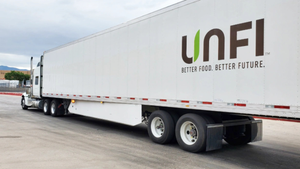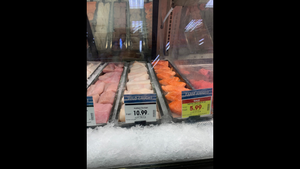Study: COOL Has Little Effect on Consumer Meat Purchases
MANHATTAN, Kan. — U.S. country-of-origin-labeling rules have not led to increased demand for beef, chicken or pork products covered by the law, according to a study by researchers at Kansas State University and Oklahoma State University.
December 7, 2012
MANHATTAN, Kan. — U.S. country-of-origin-labeling rules have not led to increased demand for beef, chicken or pork products covered by the law, according to a study by researchers at Kansas State University and Oklahoma State University.
Researchers also found that only 23% of respondents to an online survey were aware of COOL. Two-thirds were “not sure” if COOL was a law and 12% thought it was not a law.
Furthermore, consumers viewed meat products labeled “Product of North America” as relatively equal to products labeled “Product of United States,” based on in-store interviews and online evaluations.
Read more: FMI Critiques COOL After WTO Ruling
“It doesn’t make a difference. Our members have told us this,” Erik Lieberman, the Food Marketing Institute’s regulatory counsel, told SN.
“Consumers are looking for quality and value. And this law was never a food safety or food quality law. It was designed to put imported products at a disadvantage and that’s what it’s done.”
The World Trade Organization determined this week that the U.S. has until May 23, 2013 to comply with a June 2012 ruling that found COOL violates international trade rules and harms agricultural commerce.
“We’re pleased that the WTO set a date in May,” said Lieberman. “This is an issue that’s having a big impact. COOL has a huge impact on our members. It’s an enormous burden. The recordkeeping requirements are disproportionate and it’s extremely expensive for our members to comply.”
“We hope the USDA and Congress work quickly to address the problems of the law,” he added.
About the Author
You May Also Like








